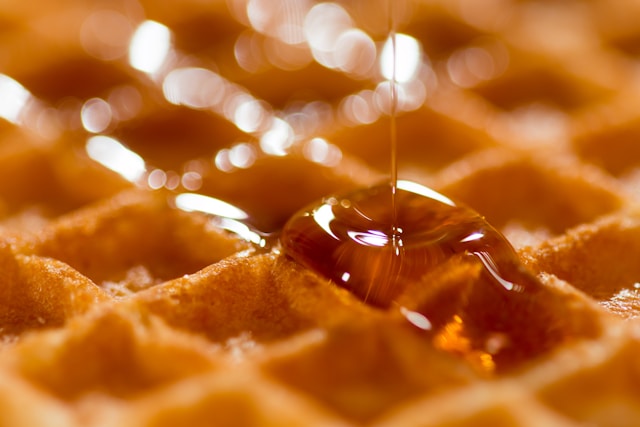Honey, a golden elixir of nature, is renowned for its sweet taste and numerous health benefits. However, a common question arises: can use a metal spoon to scoop honey destroy its precious enzymes? Let’s delve into the science behind this culinary conundrum.
What are Honey Enzymes?
Honey contains a variety of enzymes, including glucose oxidase, catalase, and amylase. These enzymes play a crucial role in honey’s antibacterial, antifungal, and antioxidant properties. They also contribute to honey’s unique flavor and texture.
Can Metal Spoons Inactivate Enzymes?
The answer is somewhat complex. Certain metals, such as iron and copper, can indeed inactivate enzymes. However, stainless steel, the most common type of metal spoon used in kitchens, does not have this effect.
Stainless steel is an alloy made mostly of iron, chromium, and nickel. The chromium oxide layer that forms on the surface of stainless steel acts as a protective barrier, preventing the metal from reacting with other substances. This means that stainless steel spoons do not release ions that could potentially inactivate honey enzymes.
Other Factors to Consider
While stainless steel spoons are unlikely to harm honey enzymes, other factors can affect their stability:
- Temperature: Heat can denature enzymes, so it’s best to avoid using hot metal spoons to scoop honey.
- pH: Enzymes are sensitive to pH changes. Honey has a slightly acidic pH, which helps to preserve its enzymes.
- Storage: Honey should be stored in a cool, dark place to prevent enzyme degradation.
Conclusion
Using a stainless steel spoon to scoop honey is generally safe and will not significantly affect its enzyme content. However, it’s important to avoid using hot spoons or exposing honey to extreme temperatures or pH changes. By handling honey with care, you can preserve its nutritional value and enjoy its sweet and health-promoting benefits.
Additional Tips
- Use a wooden or plastic spoon for scooping honey if you’re concerned about enzyme inactivation.
- Store honey at room temperature or slightly below in a sealed container.
- Consume honey within a year of purchase to ensure optimal enzyme activity.







